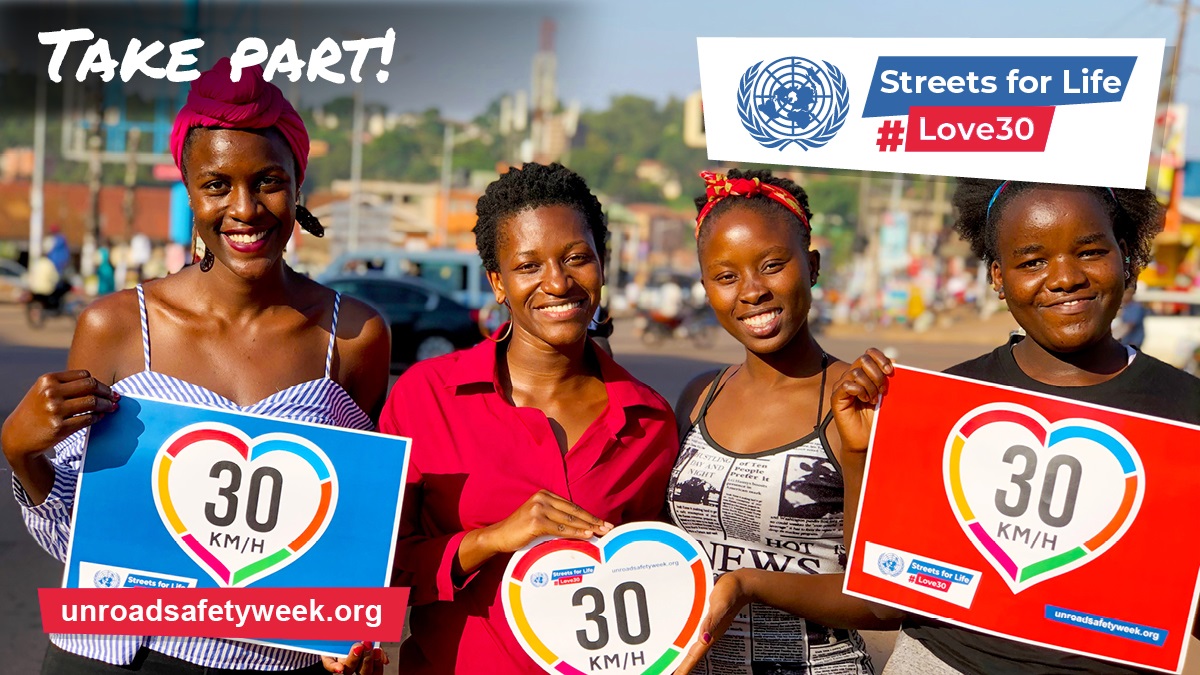Health experts and policymakers convened at the sixth National Conference on Tobacco or Health in the national capital on Friday, stressing the urgent need to combat the dual burden of smoking and smokeless tobacco in India.
With over 1 million annual deaths attributed to tobacco use, the nation faces a daunting challenge in its pursuit of a tobacco-free status by 2025.
Dr. Prof. Sutapa B Neogi, Director of the International Institute of Health Management Research (IIHMR), Delhi, highlighted the pressing need to address the pervasive issue of tobacco consumption. “It is important to combat the dual burden of smoking and smokeless tobacco, which currently affects nearly 29 per cent of Indian adults,” she emphasized, calling for collective action to drive impactful change in tobacco control policies and practices.
The three-day conference, themed “Towards Tobacco-Free India – An Audacious Race Against Time,” is being held from February 16-18 at the India Habitat Centre in New Delhi. Organized by IIHMR in collaboration with the Ministry of Health and Family Welfare, the event aims to galvanize efforts towards a tobacco-free India.
Dr. Atul Goel, Director General of Health Services (DGHS), stressed the critical role of multisectoral intervention in steering the country towards a healthier future. He underscored the need for concerted efforts across various sectors to tackle the deep-rooted issue of tobacco use in society. India’s position as the 4th largest global producer of tobacco in 2021 further highlights the magnitude of the challenge, Dr. Goel noted.
In a report released in January, the World Health Organization (WHO) stated that India is on track to achieve a 30 per cent relative reduction in tobacco use prevalence by 2025, compared to 2010. However, Prof. K. Srinath Reddy from the Population Health Foundation of India (PHFI) cautioned that adaptive strategies and legislative measures are necessary to counter the tobacco industry’s relentless creativity in introducing new products.
Reddy emphasized the imperative need for collective action to combat the parasitic and water-consuming nature of tobacco cultivation, advocating for continued efforts to counteract the industry’s influence on health professionals and policymakers.
As India strives towards a tobacco-free future, the insights and collaborations forged at the conference serve as vital steps in the nation’s journey towards improved public health and well-being.












